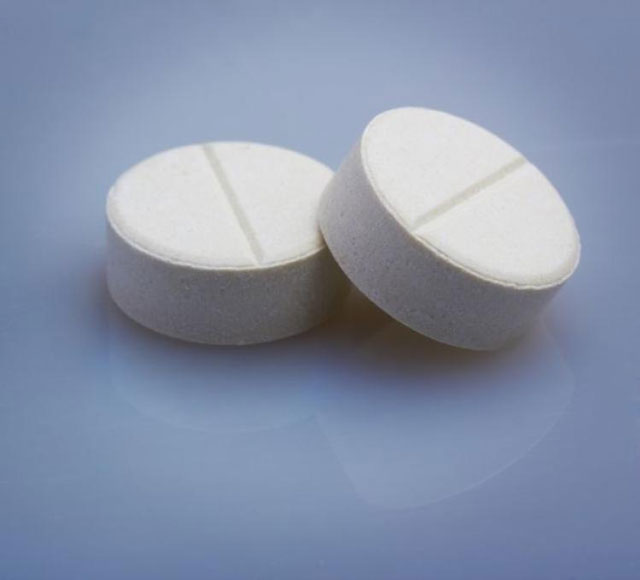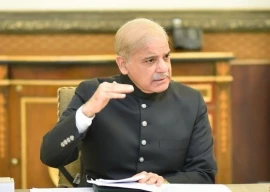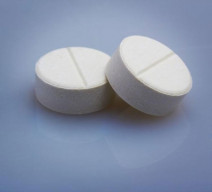
The government is working on a possibility of removing duties and taxes on active pharmaceutical ingredients (APIs) in an effort to ensure uninterrupted supply of paracetamol in the country.
The country had recently faced a shortage of paracetamol which had also affected the people in flood-hit areas.
Following the shortage of the medicine, the drug regulator had also raided different places to stop hoarding of the product.
Meanwhile, the National Assembly’s Standing Committee on National Health Services (NHS) had also issued directions to the Drug Regulatory Authority of Pakistan (DRAP) that uninterrupted supply of paracetamol be ensured in the country to meet the domestic needs.
DRAP chief executive officer had also informed the parliamentary panel that the regulator had taken strict action against the relevant quarters over the shortage of the drug in the country.
The issue of shortage of paracetamol was also taken up in a recent cabinet meeting chaired by Prime Minister Shehbaz Sharif.
The cabinet took up the matter when the Ministry of National Health Services had tabled a summary for an increase in the prices of medicines which was opposed by the cabinet members.
During the discussion, the cabinet members had unanimously opposed any increase in the prices of drugs. On the matter of shortage of Panadol in the market, the health ministry informed the cabinet that a committee had been constituted to recommend measures through which supply of paracetamol could be ensured without increasing the price.
It further informed that the possibility of eliminating duties/taxes on APIs of paracetamol was being explored.
The health ministry had taken up the matter of approval of increase in maximum retail prices (MRPs) of 10 drugs under the health hardship category as recommended by the ministry concerned.
The National Health Services, Regulations and Coordination Division had informed the cabinet that Section 12 of the Drugs Act, 1976 and Section 7 of DRAP Act, 2012 empowered the federal government to fix MRPs of drugs to be sold in the market.
Further, the drugs price fixation mechanism had been detailed in the Drug Pricing Policy 2018 and amended with the approval of the federal government following notification issued on July 15, 2020.
It informed that the Drug Pricing Committee (DPC) of DRAP was also empowered to fix and review MRPs of drugs subject to the approval of the federal government.
The DPC’s 51st meeting was held on May 25, 2022 to consider requests of six pharmaceutical companies for an increase in the MRPs of drugs under the hardship category of Drug Pricing Policy, 2018.
The DPC recommended an increase in the MRPs of 10 drugs.
DRAP had also reported that these pharmaceutical companies had filed writ petitions in the Lahore High Court and suits in the Sindh High Court regarding delay in the decision on their request applications for an increase in the MRPs of drugs.
The courts passed directions on April 12, 2022 to decide their cases within 30 days and on another suit within 60 days.
Recently, the SHC in a suit No 589/2022 on September 5, 2022 passed directions to decide the matter within one week.
The ministry further informed that the increase in MRPs of 10 drugs would become effective when the federal government approves it under the authority vested in terms of Section 12 of the Drugs Act, 1976 and Section 7 of the DRAP Act, 2012.
Draft notification was duly vetted by the Ministry of Law and Justice.
However, the cabinet had rejected the increase in the prices of drugs.








1732355030-0/BeFunk_§_]__-(41)1732355030-0.jpg)
1732340798-0/BeFunk_§_]__-(35)1732340798-0.jpg)
1728020241-0/Express-Tribune-Web-(12)1728020241-0-270x192.webp)










COMMENTS
Comments are moderated and generally will be posted if they are on-topic and not abusive.
For more information, please see our Comments FAQ